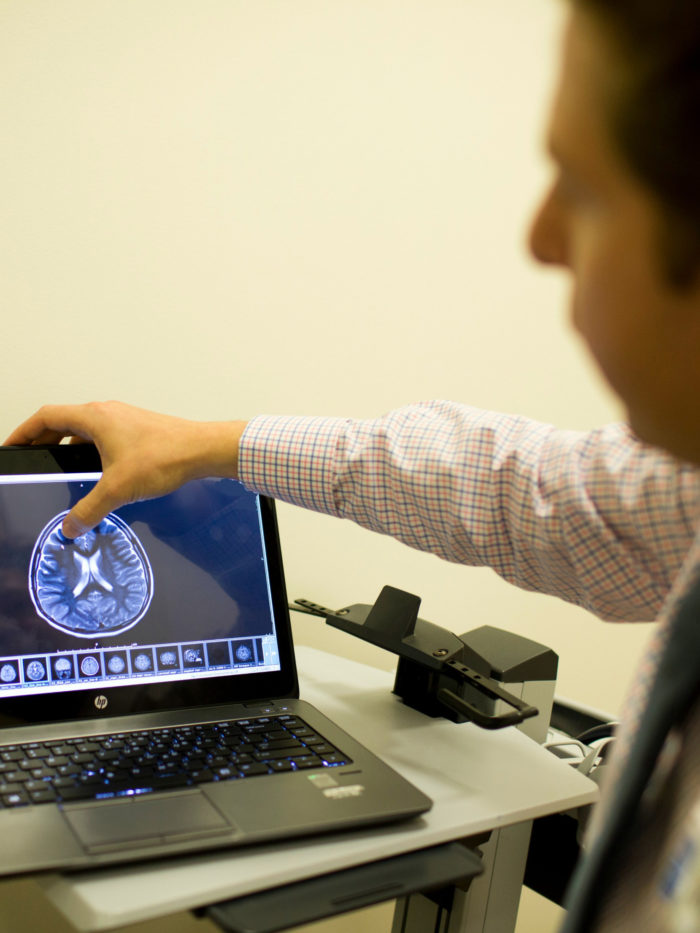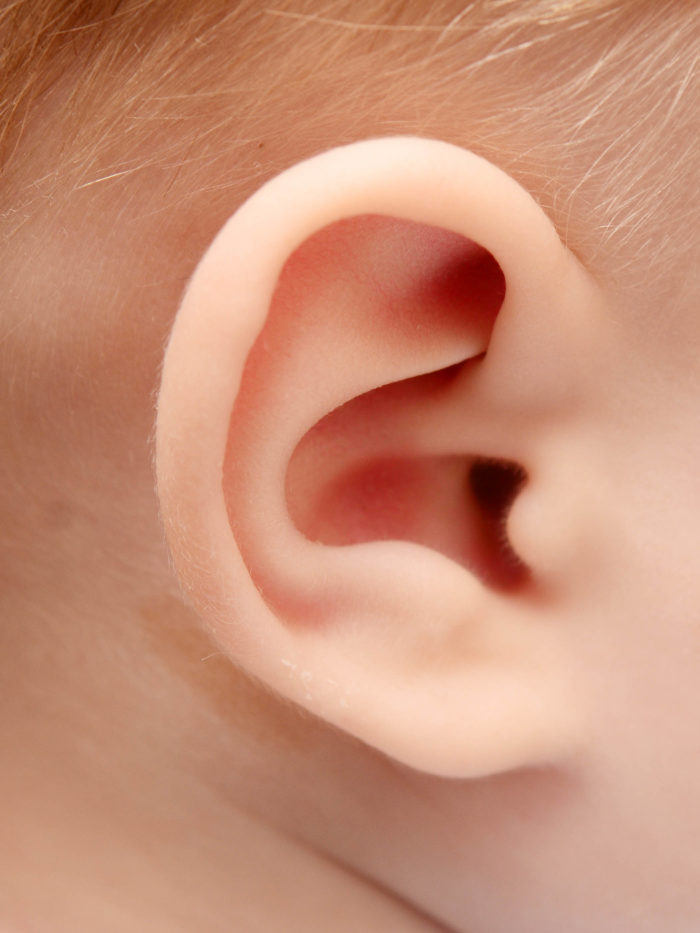Speech and language pathology at CHOC helps develop or improve speech, language, memory and attention, breathing, and feeding and swallowing.
Article
Brighter Futures for Families with PKU
Clinical dietitians discuss Phenylketonuria, a rare genetically-inherited disorder that occurs in one in 10,000 newborns in the U.S.
Meet Dr. Sarah S. Field
CHOC wants its patients to get to know its specialists. Meet Dr. Sarah Samimi Field, pediatric allergist and immunologist at CHOC.
Hearing Loss and Its Effects on Speech and Language Development
CHOC and Providence Speech and Hearing Center collaborate with families to address speech therapy and advanced audiology services.
CHOC Opens Wing for Adolescent, Young Adult Cancer Patients
Adolescent and young adult patients at the Hyundai Cancer Institute at CHOC can enjoy immersive films and other features.
Strokes in Children: What Parents Should Know
Many might picture a stroke patient as elderly, but the reality is strokes occur in people of all ages, a CHOC neurologist says.
The HPV Vaccine: A Doctor’s Perspective
A CHOC pediatric resident discusses some of parent’s most frequent questions about the HPV vaccine and their child.
Depression and Anxiety in Cystic Fibrosis Patients and Parents
CHOC has incorporated new guidelines for screening and treating depression and anxiety in cystic fibrosis patients and parents.
Choosing the Right Milk for Your Family
A CHOC clinical dietitian explains the health benefits of various milk products and offers advice on choosing the right one for your family.
Music to a Little Girl’s Ears
Penelope had normal hearing the day she was born. When she was 10 months old something changed. Learn how CHOC helped her hear.
Preparing Your Child for an Active Shooter Scenario
Chances are you have taught your children what to do in emergencies, such as fires and earthquakes. But what about an active shooter scenario?
When Animals Attack: Preventing, Treating Pet Bites
A CHOC registered nurse offer tips for parents on treating pet bites and when to bring their child for medical care.













